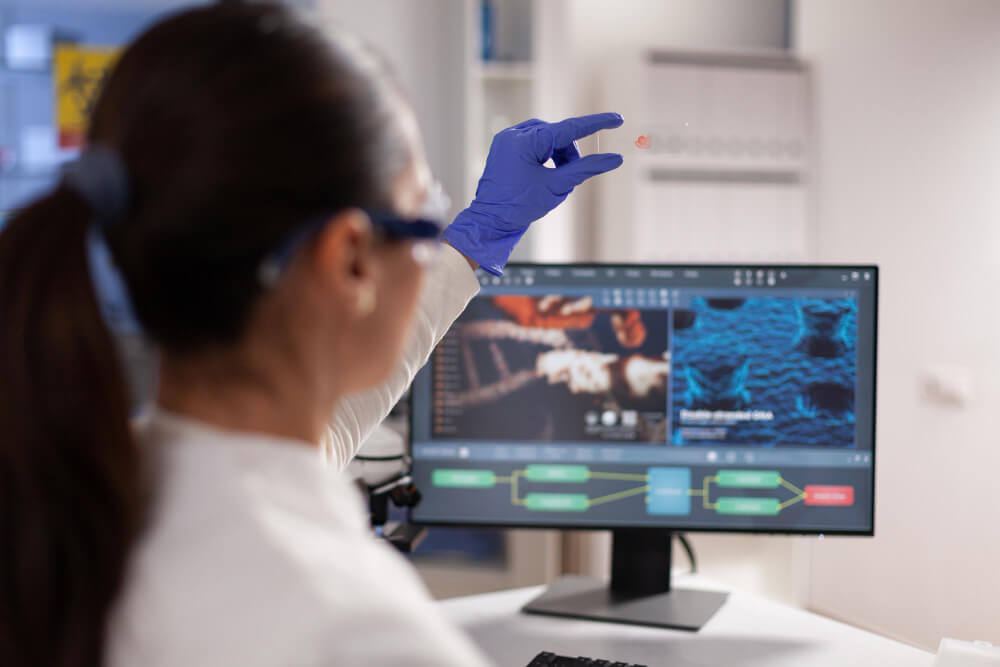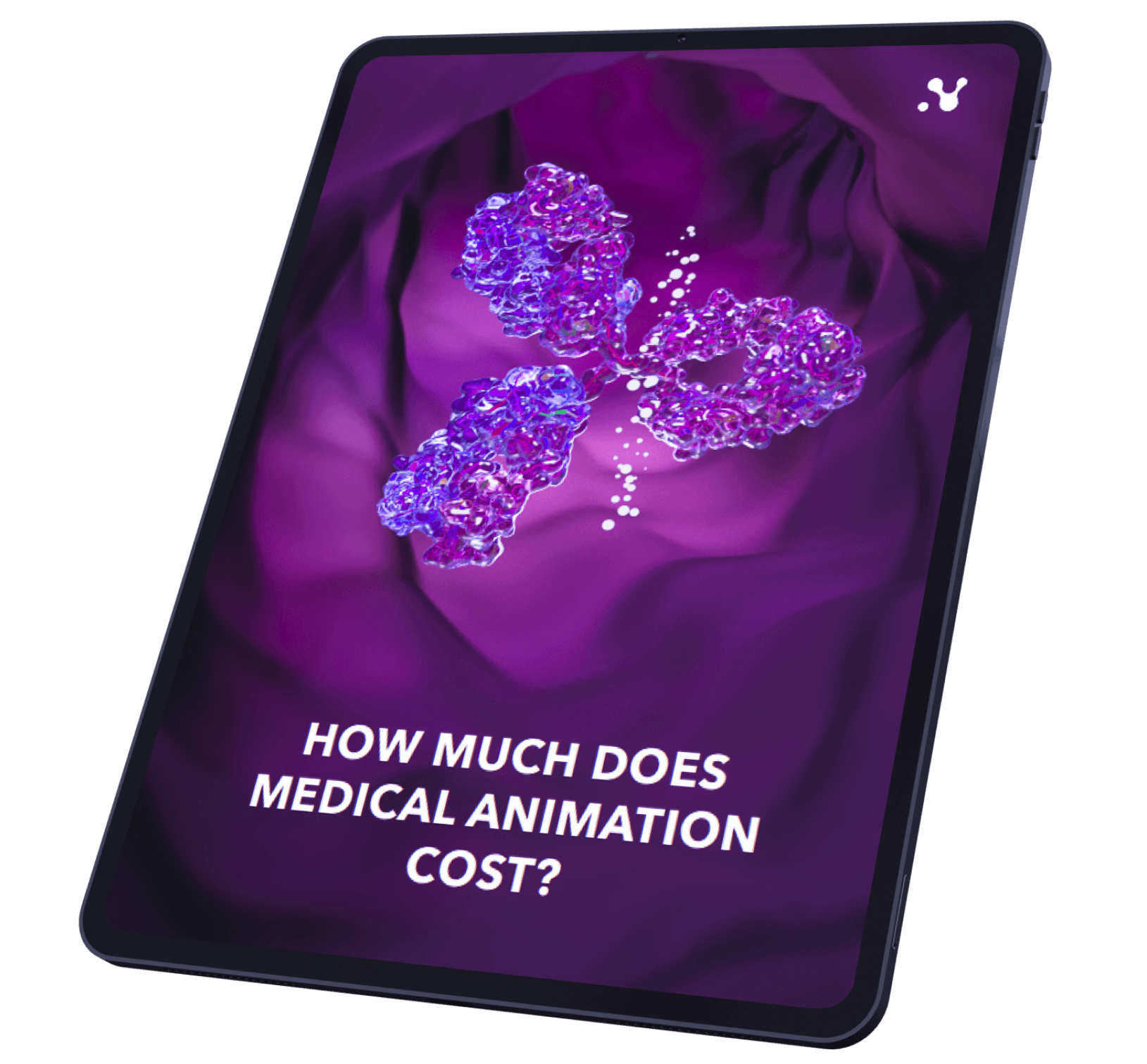The realm of medicine is undergoing a profound transformation due to the rapid advancements in artificial intelligence (AI) and machine learning. These technologies have the potential to revolutionize various facets of healthcare, ranging from diagnosis and treatment to drug discovery and patient care. One particularly noteworthy collaboration that is creating ripples in this field is the partnership between Google and Mayo Clinic. Together, they are delving into the potential application of generative AI in medicine, with the ultimate aim of enhancing patient outcomes and advancing medical research.

The Potential of Generative AI
Generative AI, a subset of artificial intelligence, involves training models to create new content or data that closely resembles existing examples they’ve been trained on. Although this technology has made considerable strides in creative fields like art, music, and literature, its significance extends beyond artistic expression, especially in scientific and medical domains.
Within the realm of medicine, generative AI has the capacity to assist healthcare professionals in making more accurate diagnoses, predicting patient outcomes, and even uncovering new treatment possibilities. By analyzing substantial volumes of medical data, these AI models can pinpoint patterns and correlations that might elude human clinicians. This functionality has the potential to transform medical decision-making and the personalization of treatments.
Google and Mayo Clinic: A Collaborative Frontier
The collaboration between Google, a technological juggernaut renowned for its AI expertise, and Mayo Clinic, a globally respected medical research institution, marks a pivotal stride toward integrating AI into healthcare. This partnership leverages Google’s profound expertise in deep learning and Mayo Clinic’s extensive medical knowledge to explore novel avenues through which generative AI can tackle diverse medical challenges.
A key focal point of this partnership is medical imaging. Medical imaging techniques like X-rays, MRIs, and CT scans play a pivotal role in diagnosis and treatment planning. However, accurately interpreting these images can prove intricate and time-consuming. By harnessing the power of generative AI, Google and Mayo Clinic are collaboratively developing algorithms aimed at assisting radiologists in identifying anomalies and rendering more precise diagnoses. This endeavor not only has the potential to expedite diagnosis but also to curtail the potential for human error.

Elevating Drug Discovery
Another significant facet of this collaboration is the application of generative AI in drug discovery. Developing novel medications is an arduous and resource-intensive process that often spans several years before yielding tangible outcomes. Through the utilization of AI algorithms to simulate molecular behavior and predict interactions with biological systems, researchers can accelerate the process of identifying potential drug candidates. This has the potential to revolutionize the pharmaceutical sector by substantially trimming the time and cost involved in bringing new drugs to market.
Challenges and Considerations
While the potential of generative AI in medicine is vast, it is not exempt from challenges and considerations. One primary concern pertains to the ethical use of AI in healthcare. Safeguarding patient privacy and ensuring data security are paramount when dealing with sensitive medical information. Additionally, the opacity of AI models, where the rationale behind their decisions can be intricate to decipher, raises questions about transparency and accountability in medical decision-making.
Furthermore, integrating AI into medical practice necessitates a delicate equilibrium between automation and human expertise. While AI can furnish valuable insights and recommendations, it should not supplant the pivotal role that healthcare professionals play in patient care. Instead, it should function as a supportive tool that enhances their capabilities and facilitates more informed decision-making.

The Path Forward
The collaboration between Google and Mayo Clinic serves as a testament to the growing trend of collaborations between tech companies and healthcare institutions. As generative AI continues to mature and evolve, it is likely that we will witness further breakthroughs in medical diagnosis, treatment, and research. The fusion of AI into healthcare workflows holds the promise of enhancing patient outcomes, propelling medical discoveries, and contributing to the advancement of medical science.
To ensure the responsible and effective implementation of generative AI in medicine, close collaboration between regulatory bodies, healthcare professionals, and technology experts is imperative. Establishing guidelines that address data privacy, model transparency, and ethical considerations will be pivotal in cultivating trust and confidence in these AI-driven systems.
In Conclusion
The collaboration between Google and Mayo Clinic represents a significant stride in exploring the potential of generative AI within the medical domain. By harnessing AI’s capabilities to interpret medical images, expedite drug discovery, and provide insightful inputs, this partnership has the potential to reshape the healthcare landscape. While challenges related to ethics, transparency, and human-AI interaction persist, the opportunities presented by generative AI in medicine are unequivocal. As technology continues to advance, the amalgamation of AI and medicine is undeniably key to achieving more precise diagnoses, personalized treatments, and improved patient outcomes.
Book a call with our expert to discuss advanced solutions for the life science industry.
Google is testing an AI life coach to help you achieve your goals. Read more about this new AI assistant and how it can help you improve your life.


